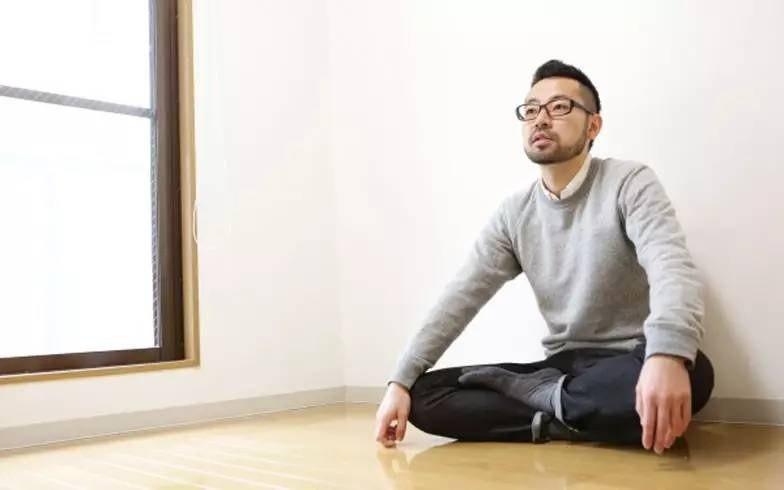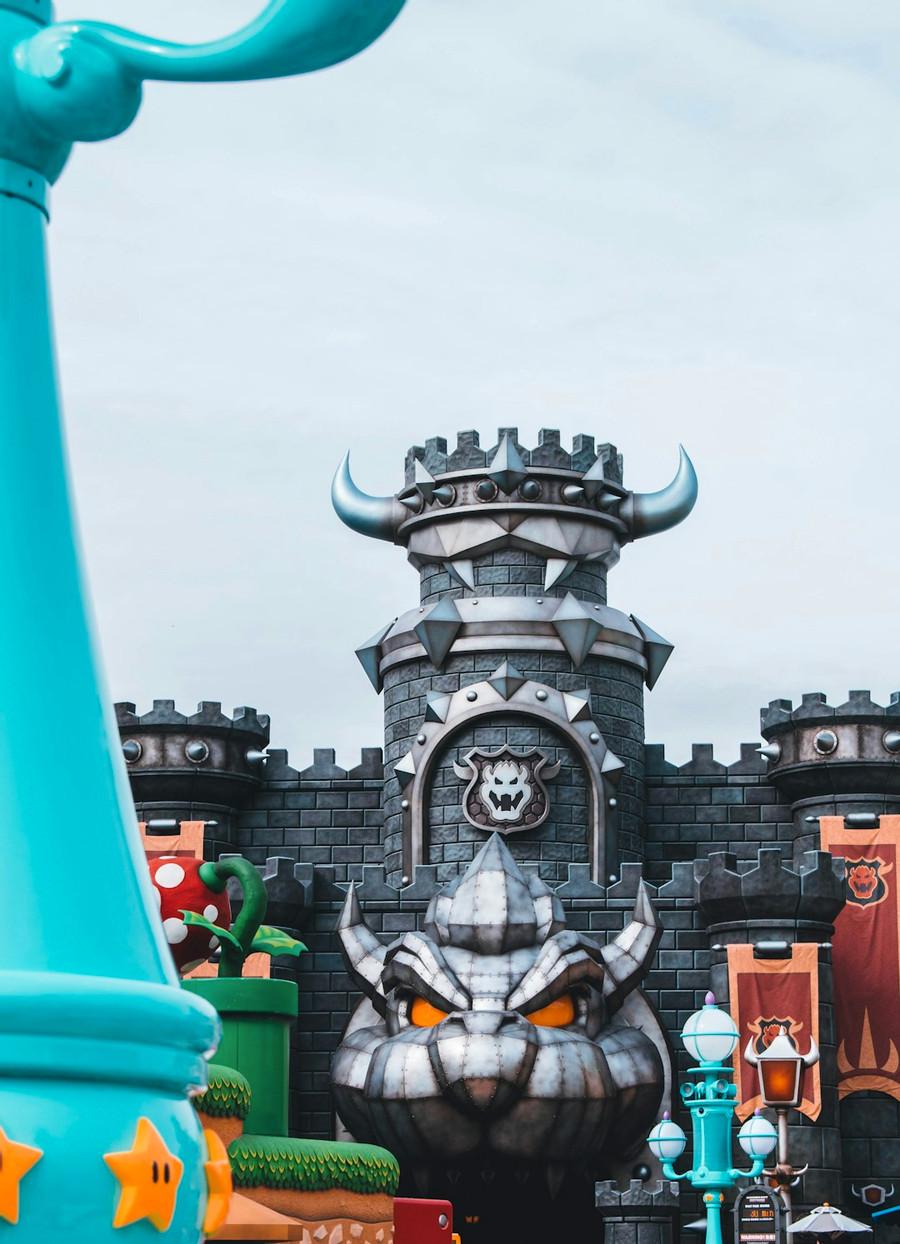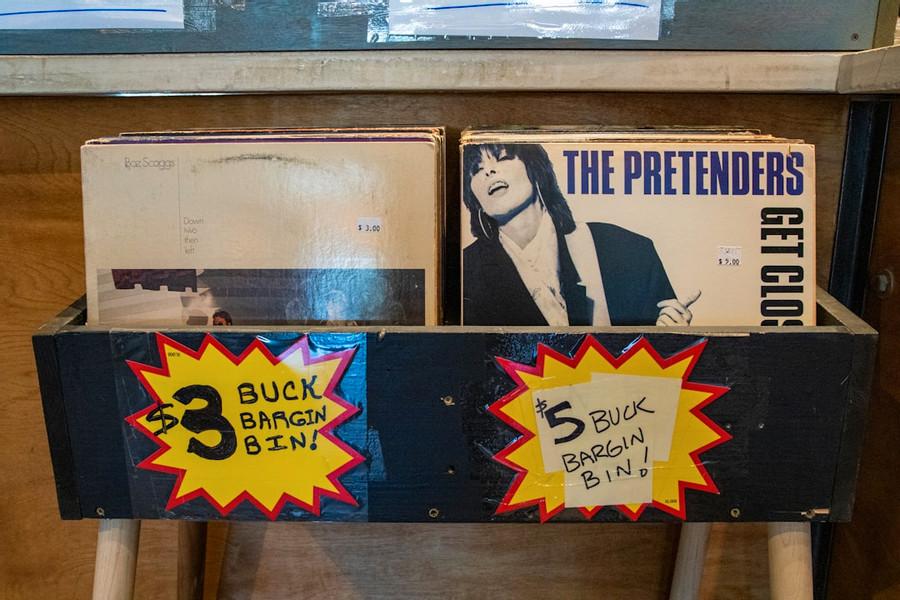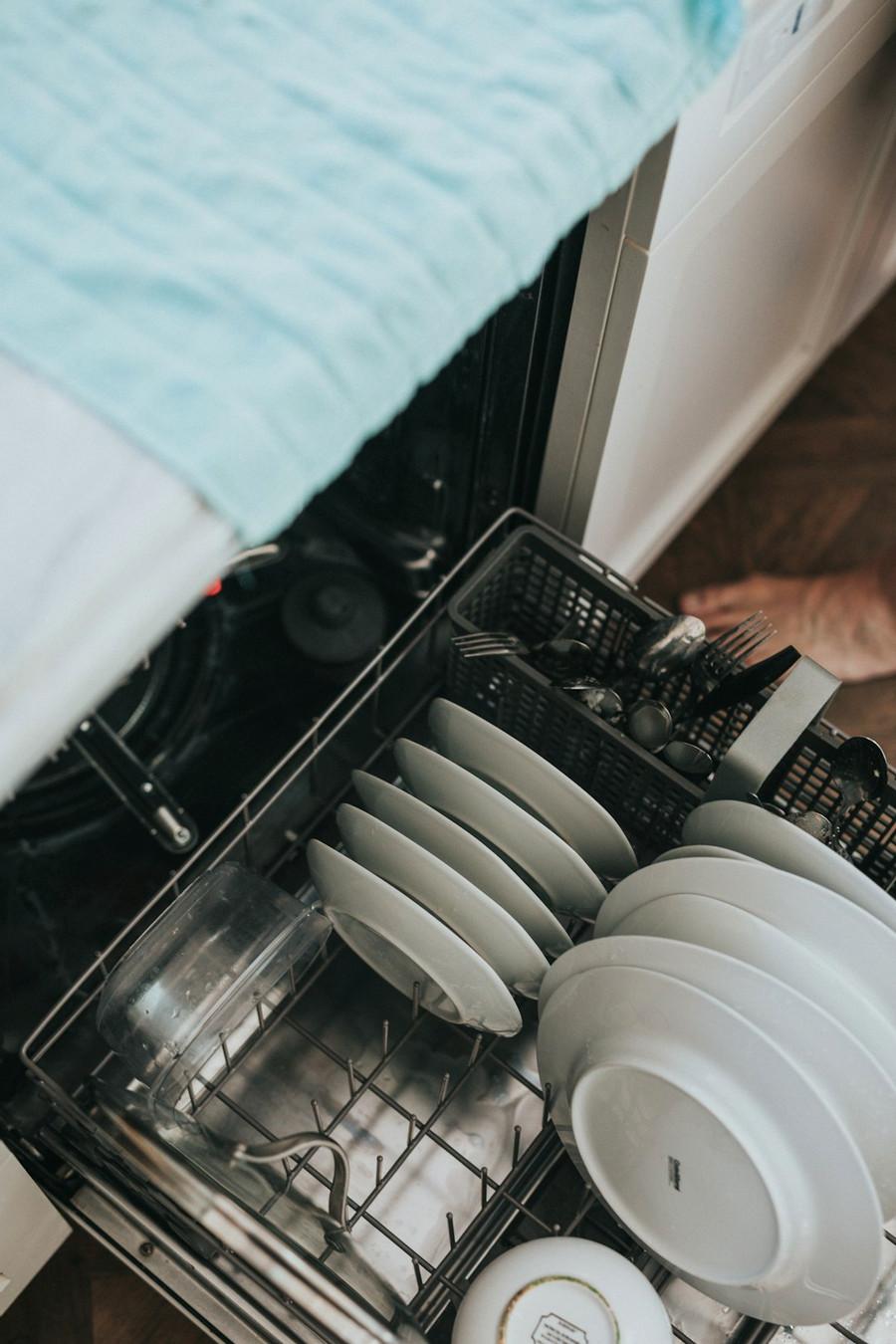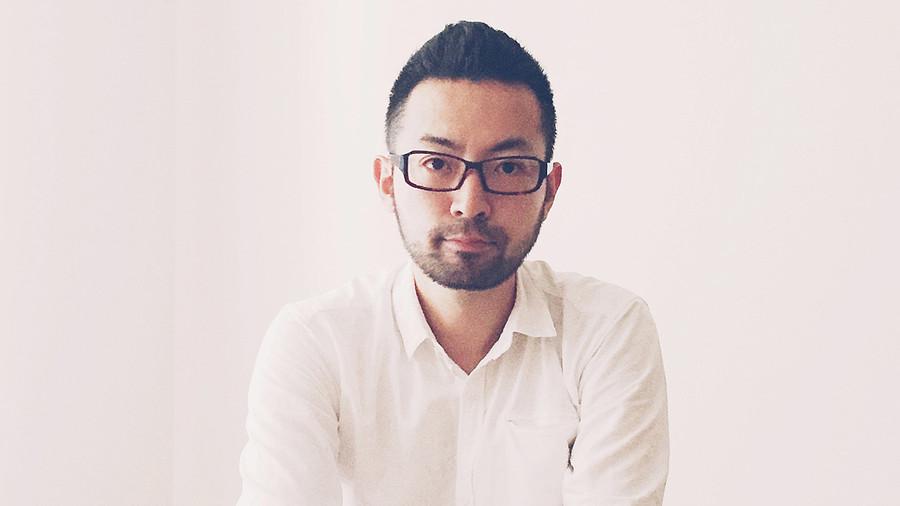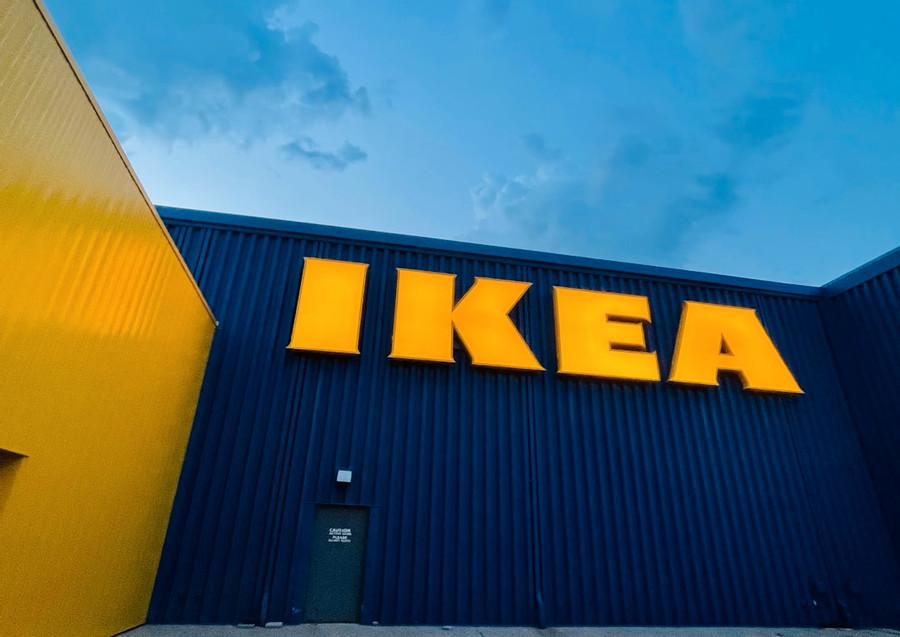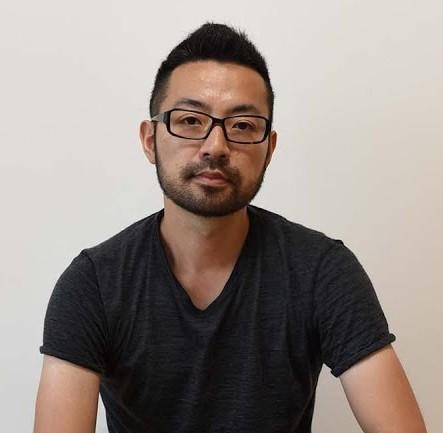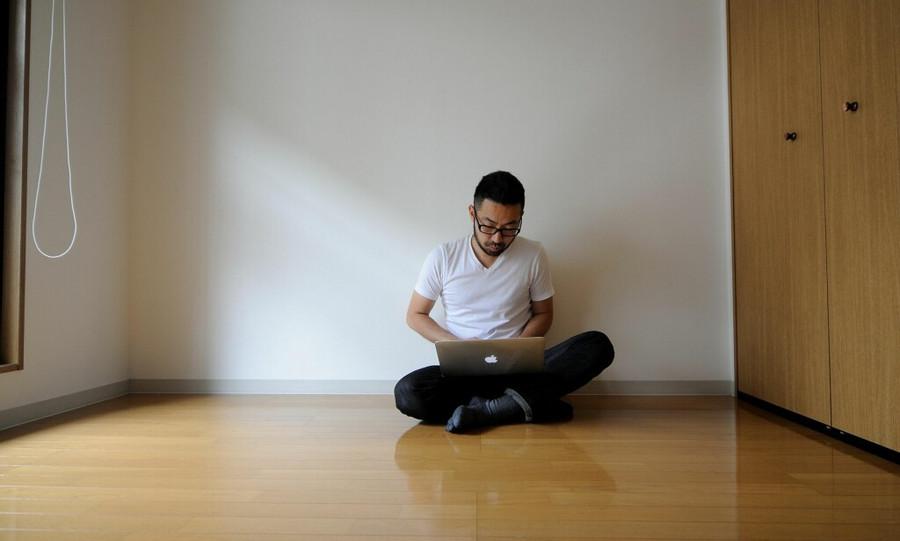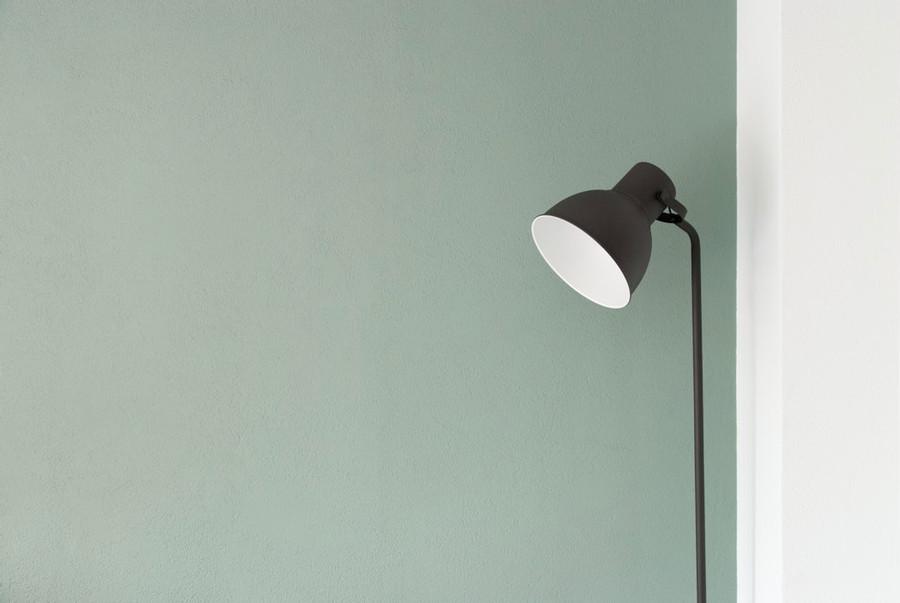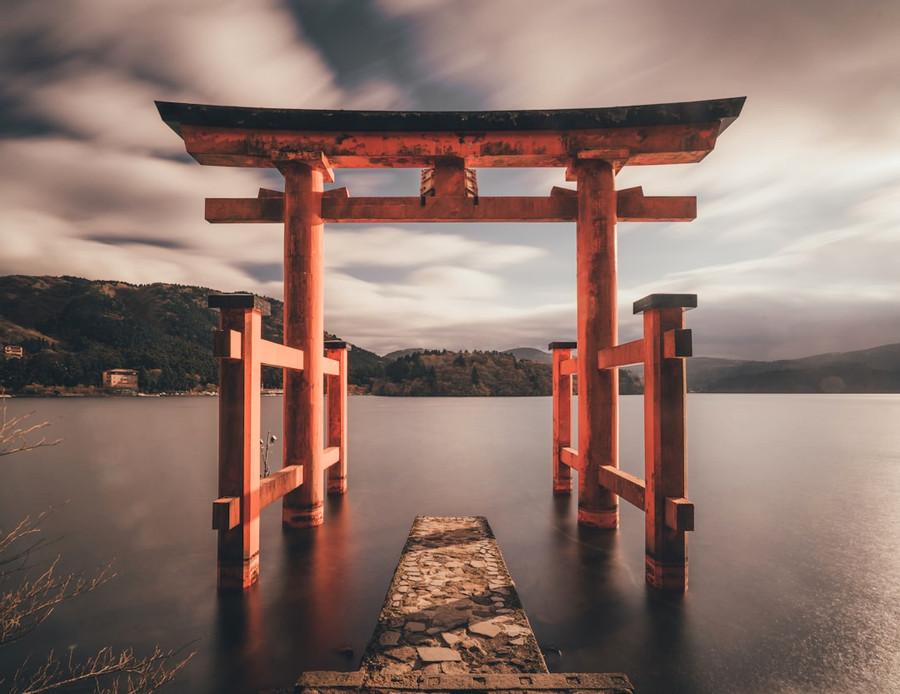Courtney Abbott's Key Ideas from Goodbye, Things: The New Japanese Minimalism
by Fumio Sasaki
Ideas, facts & insights covering these topics:
15 ideas
·18.3K reads
108
3
Explore the World's Best Ideas
Join today and uncover 100+ curated journeys from 50+ topics. Unlock access to our mobile app with extensive features.
Minimalism
Minimalism is having fewer possessions and being intentional with the items you have.
Minimalism allows us to have freedom, satisfaction, and experiences we may not have had when we are buried under our belongings.
Minimalism isn't just about throwing away stuff we don't need, but a new way of living life, where we are more aligned with the present moment, not distracted by stuff around us.
145
1.96K reads
The World Has Changed Too Much
Our old-fashioned brains are totally overwhelmed with the amount of information we consume and the things we need to care for. Humans weren’t meant to pay attention to so many things at once. Yet here we are doing it and wondering why we’re stressed, depressed, and can’t stay on top of all the things we need to do.
Since there are no “updates” available for our old hardware, we need to alter our environments so we can better perform.
136
1.57K reads
The Art Of Discarding Stuff
While you may struggle at first, it gets easier when you practice discarding stuff.
Our things are like roommates, except we pay their rent.
Think of departmental stores as your personal warehouses. There’s generally no need to have 40 rolls of paper towels, 25 spare lightbulbs, and 60 extra cans of food. It takes up precious space and ties your money up in something you may never use.
133
1.46K reads
Stuff We Don't Know That We Don't Need
A lot of times, we keep things around just because. Because it’s there, because we bought it because we might need it. But if it disappeared, would you replace it or would you be okay without it?
When decluttering, many people feel guilty disposing of items given to them as gifts. Think about when you give someone a gift. Do you expect them to keep it forever? Do you check for it when you visit their home? If they didn’t like it, would you want them to hang onto it? If you answered no, odds are the person who gave you a gift would feel the same way.
131
1.24K reads
Don't Get Something In Your House Because It is Free
Our homes aren’t museums, they don’t need collections.
Don’t keep stuff because it’s free. The low price of something isn’t a good enough reason to bring it into your home and your life. Be intentional.
132
1.34K reads
Things Bring Things
When you purchase a cell phone, you aren’t just getting the phone. You need a charger, case, screen protectors, earbuds, and countless other accessories. When you take up a sport, you need equipment for the sport, appropriate clothing, and appropriate shoes. And let’s not even talk about crafting.
121
1.22K reads
Don't Wash The Dishes That Aren't Even Dirty Yet
It basically boils down to, don’t worry about things that haven’t happened yet. If you think about doing an everyday task every day for the rest of your life, it can be overwhelming and daunting and depressing. If you take it one day at a time, or one dish at a time, it’s a lot easier to think about and tackle.
131
1.14K reads
Gratitude
Through gratitude, we can trigger sustainable stimulation, which gives us more peace than the stimulation that we get by buying something new or increasing our stockpile.
120
1.1K reads
When you think about it, there isn’t a single person who was born into this world holding some material possession in their hands.
FUMIO SASAKI
118
1.42K reads
Don't Believe The Billion Dollar Ad Spending
Everyone started out a minimalist. Our worth is not the sum of our belongings. Possessions can make us happy only for brief periods. Unnecessary material objects suck up our time, our energy, and our freedom. Minimalists are starting to realize that.
When we practice minimalism, we’ll spend less time being distracted by the media or by advertisements because we become aware that we already have everything that we need. And when we feel this way, we can easily ignore most of these messages that cry out to us
124
960 reads
Reducing the number of possessions that you have is not a goal unto itself. I think minimalism is a method for individuals to find the things that are genuinely important to them. It’s a prologue for crafting your own unique story.
FUMIO SASAKI
123
989 reads
Saying goodbye to your things is more than an exercise in tidying up. I think it’s an exercise in thinking about true happiness.
FUMIO SASAKI
122
1.07K reads
Using Minimal Energy
When you become a minimalist, the energy you use will also become minimal. You won’t need to try to live in an eco-friendly way—it’ll come naturally. By minimizing your possessions and settling into a focused, simple life, you’ll find that the weight on your shoulders has become lighter and you’re living in a way that’s gentler on the environment. And you know what? It gives you a pretty good feeling.
123
922 reads
Calculate Your Minimum Living Costs
There’s an important concept called minimum living costs, which refers to the minimum amount of money you need to live. It’s worthwhile for everyone to calculate this for themselves at least once, by adding up rent, groceries, utilities, communication charges, and so on.
126
923 reads
Japanese Were Minimalists Before Capitalism Happened
We’re all born into this world as minimalists, but the Japanese used to lead minimalist lives as well. Foreigners who came to Japan before industrialization were shocked.
While it might be hard to imagine today, most people owned perhaps two or three kimonos, always kept fresh and clean, as their entire wardrobe. They packed light, their legs were strong, and they could walk wherever they needed to go. Homes were simple structures that could quickly be rebuilt, and people didn’t tend to live in the same place all their lives. Japanese culture used to be a minimalist culture.
128
945 reads
IDEAS CURATED BY
CURATOR'S NOTE
Most of the stuff we own is wearing us down.
“
Curious about different takes? Check out our Goodbye, Things: The New Japanese Minimalism Summary book page to explore multiple unique summaries written by Deepstash users.
Courtney Abbott's ideas are part of this journey:
Learn more about books with this collection
How to prioritize tasks effectively
How to manage your time efficiently
How to reduce stress and anxiety
Related collections
Read & Learn
20x Faster
without
deepstash
with
deepstash
with
deepstash
Personalized microlearning
—
100+ Learning Journeys
—
Access to 200,000+ ideas
—
Access to the mobile app
—
Unlimited idea saving
—
—
Unlimited history
—
—
Unlimited listening to ideas
—
—
Downloading & offline access
—
—
Supercharge your mind with one idea per day
Enter your email and spend 1 minute every day to learn something new.
I agree to receive email updates
